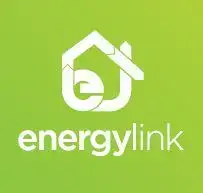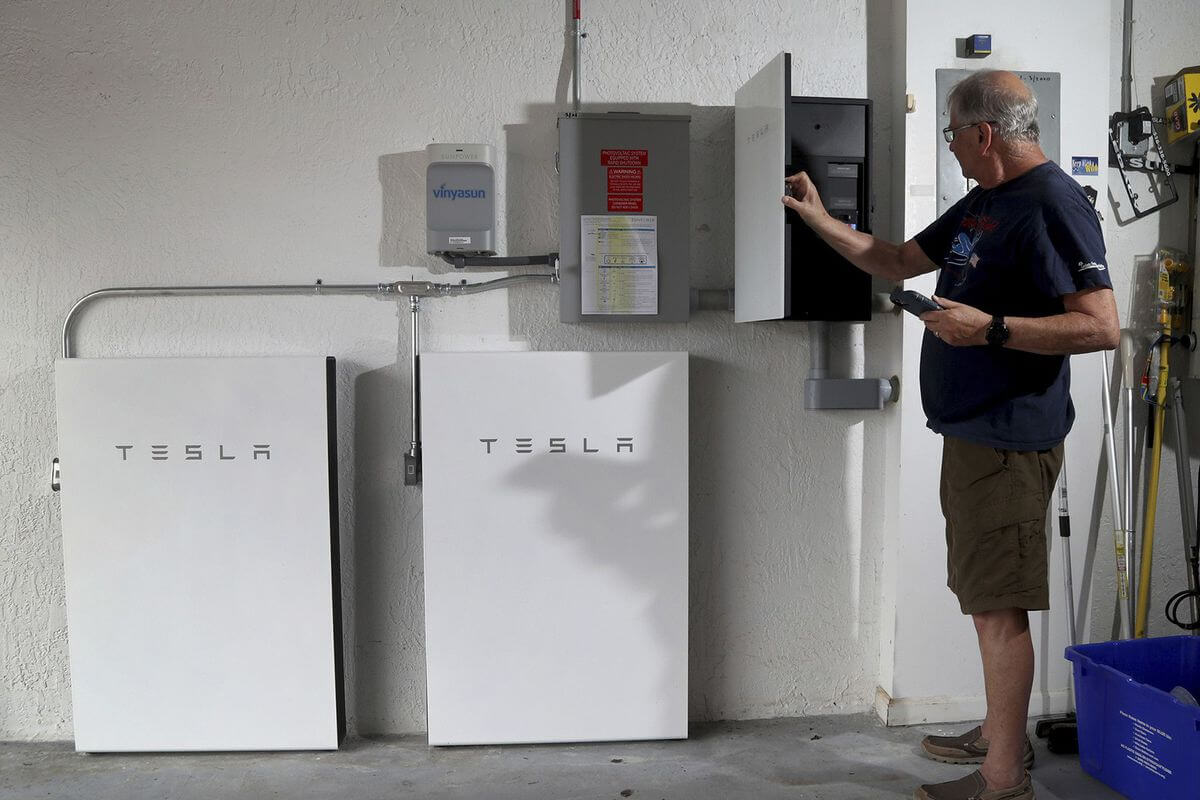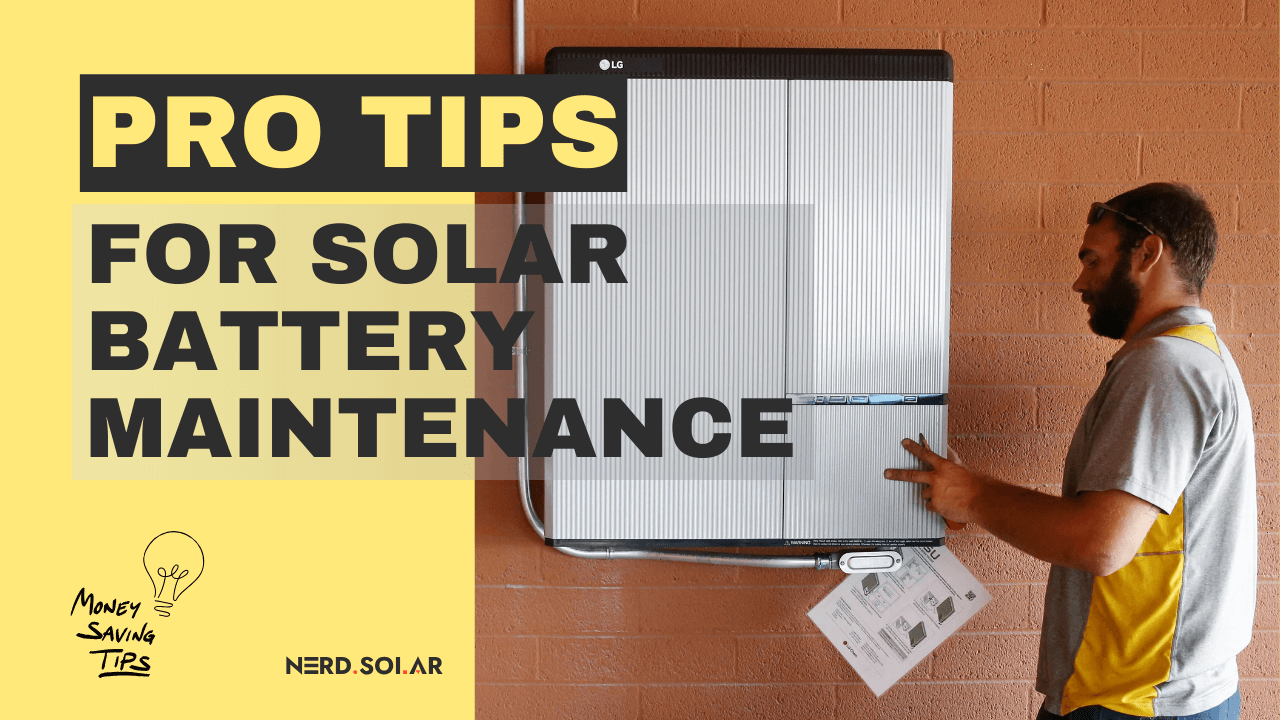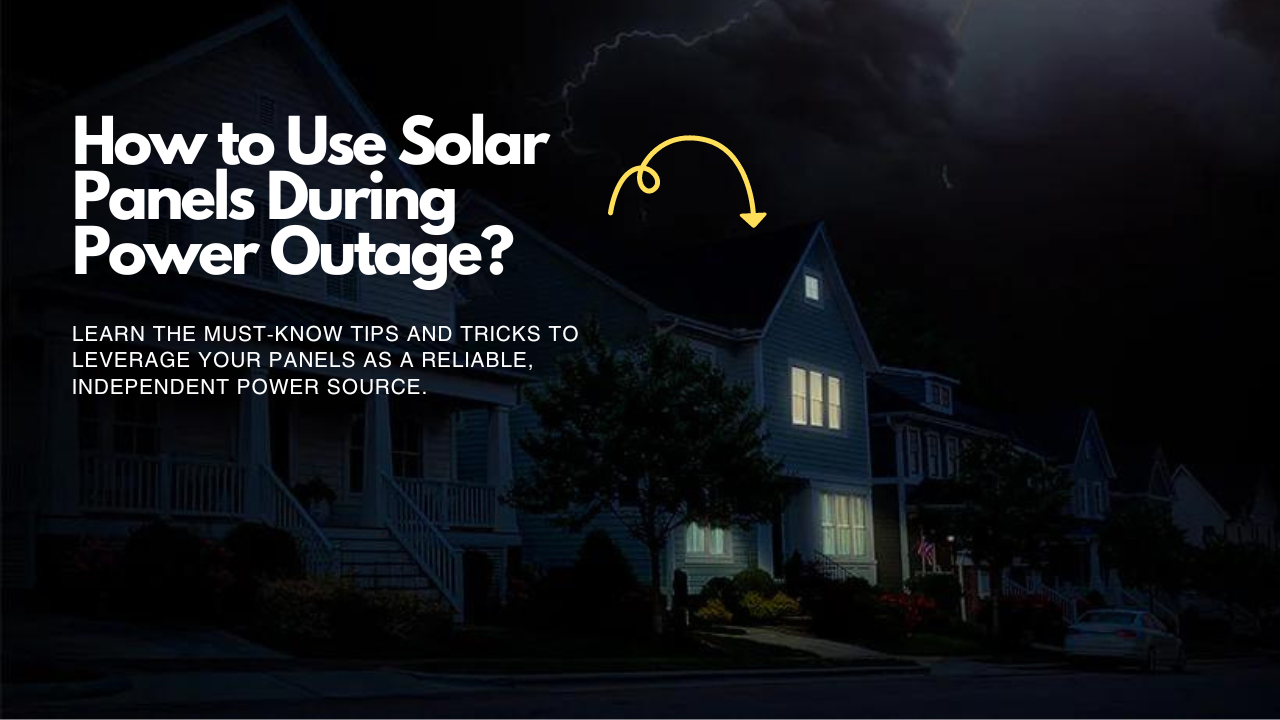How Do We Rate Solar Companies?
TL;DR: We rate solar installers from 1 to 5 stars to help you pick the best one. High stars mean they’re really good at what they do and treat their customers right. Low stars? Not so much. We give credit to companies that have been around for a while, know what they are doing, have a high standard of workmanship and equipment, don’t hire subcontractors to keep the bar of solar installation quality high and have good local reviews from real customers (yes, we check if the reviews are actually real or fake). Companies we choose as top-rated know and can help with federal and local solar incentives to help you save, have good financing plans, and guarantee their work. We’re here to point you to the solar companies that truly rock, making going solar easy and worthwhile for you.
Check our detailed review process here.
Is It Worth Going Solar in Florida?
Yes, it is generally worth going solar in Florida. Here are some reasons why:
- Florida offers good incentives for solar installation, including the federal tax credit, multiple tax exemptions, local rebates, and loan programs.
- The average cost to install a typical 6 kilowatt (kW) solar system in Florida is about $15,480 before claiming any incentives.
- Florida gets an average of 237 sunny days a year, making it one of the most effective states for harnessing the power of the sun.
- Florida has an excellent net metering policy. Under state law, utilities must credit customers for any excess energy their solar system produces at full retail value.
*However, the decision to go solar also depends on your specific circumstances, such as your energy consumption, the orientation and shading of your roof, and your budget. It’s recommended to get a personalized quote from a solar installer to understand the potential savings and payback period for your home.
How much does solar save homeowners in Florida?
Solar panels can indeed save homeowners in Florida a significant amount of money. Here’s how:
- The amount of savings depends on how much electricity your solar panel system generates. If your solar panels produce more electricity than you use in a given month, you may see a credit on your electricity bill.
- Florida has a net metering policy that compensates you for excess solar electricity generation. If your solar panels produce more electricity than you’re using, that electricity is sent to the grid in exchange for a credit.
- Florida offers several incentives, including federal tax credits, property and sales tax exemptions, and special loans, which can help lower the cost of solar panels.
As for the payback period, it varies depending on several factors such as the cost of the system, the amount of electricity it generates, and the available incentives. On average, you can expect a payback period of about 7.51 years.
Before installing solar panels, your electric bill is based on the amount of electricity you consume from the grid. After installing solar panels, your bill will be much lower – or even negative – because your solar production replaces and offsets the cost of buying grid electricity from your utility.
What is the average cost of going solar in Florida?
The average cost of installing a solar panel system in Florida varies depending on the size of the system. Here are some estimates:
- For a 5 kilowatt (kW) system, the average cost is about $12,217 before incentives. Prices can range from $10,384 to $14,050.
- The cost per watt, including installation, is approximately $2.44/W.
- For a standard 6kW system, the cost averages around $11,700 after incorporating tax incentives.
- However, the total cost could range from $10,000 to $20,000 or more, depending on various factors.
*Please note that these are average figures and the actual cost can vary depending on specific circumstances such as your energy consumption, the orientation and shading of your roof, and your budget.
Florida Solar Incentives
Federal Incentives:
- Federal Solar Tax Credit (ITC): This allows taxpayers to recoup 30% of their total solar panel installation investment when they file their taxes.
State Incentives:
- Property Tax Exemption: No increased property taxes from increased home value after installation.
- Sales Tax Exemption: No sales tax on solar purchases.
- Solar Loans: Financing options for solar panel installations.
Local Incentives:
- Net Metering: Credits for excess energy are created and sent to the utility company.
*Please note that the terms and conditions of incentives aren’t always as simple as getting an upfront price deduction. By understanding the programs that are available to you in Florida, you can take full advantage of ways to save—and even earn—money by installing solar panels1.
Are There Any Community Solar Programs in Florida?
Community solar is currently limited in Florida. To have community solar, your utility must agree to voluntarily participate in community solar, or be forced to allow it by state-level legislation. But with enough momentum and political power, policies can change.
- Duke Energy offers a community solar program for Florida customers interested in the benefits of renewable energy. Customers can sign up for a share of renewable energy produced by solar plants across Florida and receive bill credits for the solar energy generated by their participation.
- Solar United Neighbors is an organization that advocates for community solar in Florida. They believe that everyone should be able to go solar, whether on their home or through a subscription to a community solar project.
- Florida Power & Light Company (FPL) has received approval to develop what is set to be the largest community solar project in the US.
Please note that the actual programs can vary depending on specific circumstances such as your location and utility company.
Net Metering Policy in Florida
Net Metering is a policy that allows homeowners with solar panels to receive credit for the excess energy they generate and send back to the grid.
Here’s how it works in Florida:
- Eligibility: Florida’s net metering law applies to Investor Owned Utilities (IOUs) which cover about 79% of Floridians. The remaining are covered by municipal electric companies or rural electric co-ops, some of which have enacted their own form of net metering.
- Credit Rollover: Homeowners cannot get credit for more electricity than they used from the grid in a given month, but extra credit does roll over to the next month’s bill at the full retail rate. At the end of each calendar year, any leftover credits are paid to the solar owner at a lower rate based on the utility’s wholesale energy cost—generally around 3 to 4 cents per kilowatt-hour.
- Insurance Requirements: Florida separates solar systems into different “tiers” based on size in kilowatts (kW). Tier 1 systems (10 kW or less) have no insurance requirement and no application fee for connecting them to the electric grid. Tier 2 systems (between 10 kW and 100 kW) are subject to an additional application fee and also come with the requirement that the homeowner purchase up to $1,000,000 in liability insurance.
- Community Solar and Virtual Net Metering: Community solar is a newer concept that helps people who can’t install solar panels (due to an imperfect roof or if they’re renters) get some of the savings benefits that come with solar.
*Please note that the actual policies can vary depending on specific circumstances such as your location and utility company.



















